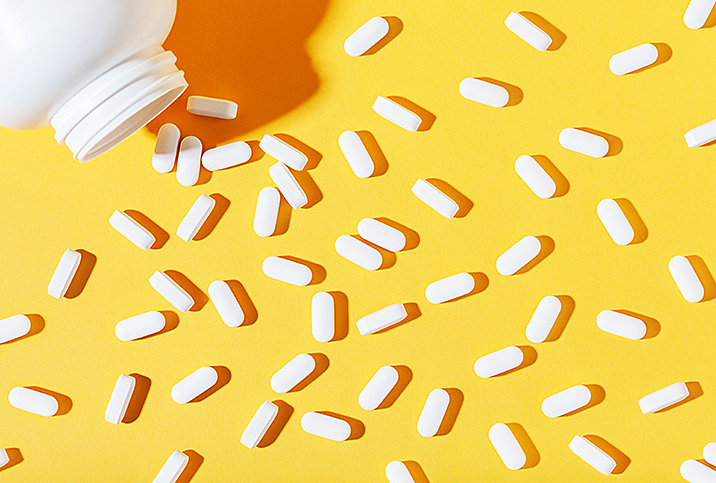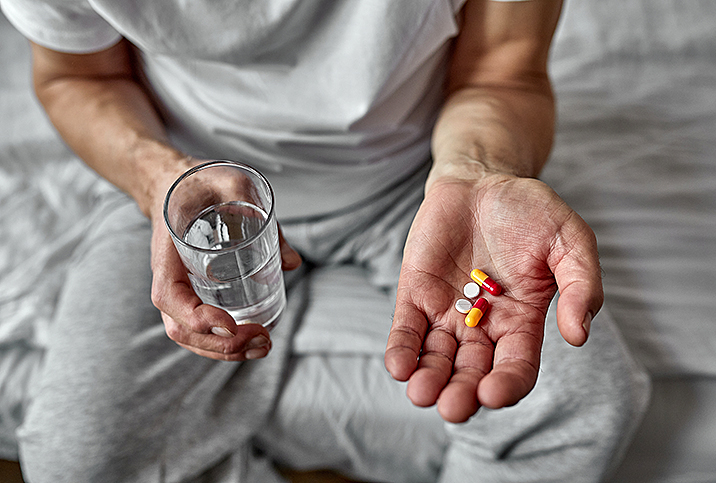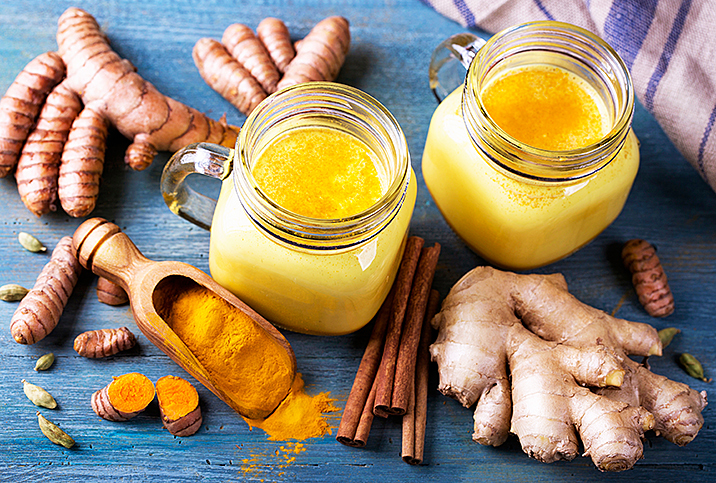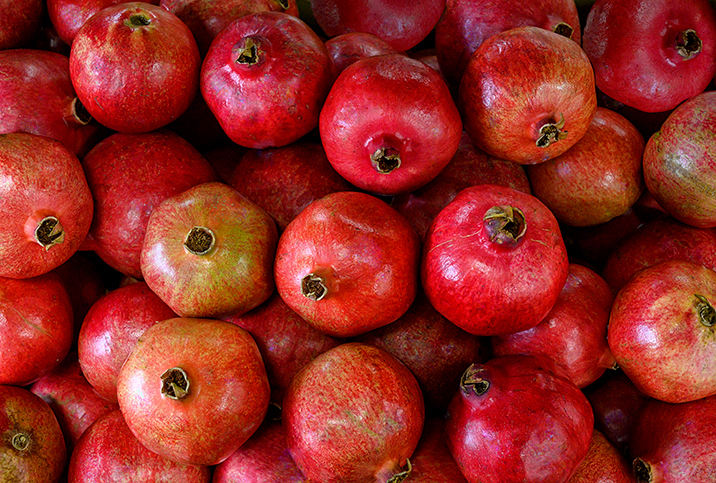10 Supplements That May Boost Testosterone

Low testosterone is a common experience for men, especially for men over 40. Testosterone tends to decrease with age, and that can increase the risk of low muscle mass, low sex drive, erectile dysfunction, fatigue, weight gain and thinning hair.
You may want to consider testosterone-boosting supplements to optimize your body's natural testosterone production. Please note that some of these supplements have not been approved by the Food and Drug Administration (FDA) and should not be added to your daily diet unless approved by your primary care physician.
Vitamin D
Vitamin D and testosterone are linked, although the exact nature of the connection remains somewhat of a mystery. Studies show that higher levels of vitamin D from supplementation are associated with increased total testosterone and improved sexual function in men. Since it's well documented that many people don't get enough vitamin D to meet their body's daily needs, ask your doctor if supplements are right for you.
Ashwagandha
Ashwagandha is an herb used in medicine that claims to promote anti-aging and enhance muscle strength. Studies show that taking ashwagandha supplements increased testosterone by nearly 15 percent in men ages 40 to 70. The same supplements increased the hormone dehydroepiandrosterone (DHEA) in study subjects by 18 percent.
DHEA
Dehydroepiandrosterone—which is a hormone precursor produced in the adrenal glands—enhances your body's ability to make testosterone. Studies show DHEA supplements boost free testosterone in middle-age men and prevent age-related testosterone decline.
Fenugreek
Fenugreek is another herb, available in supplement form, that claims to help boost testosterone levels. Studies show that fenugreek extract affects total testosterone in men and may enhance muscle building. Ask your doctor if fenugreek supplements could work for you.
Zinc
Getting enough zinc in your diet or from dietary supplements can optimize testosterone production. Research carried out on men deficient in zinc showed that taking zinc supplements results in higher blood testosterone levels. Eat zinc-rich foods—such as poultry, beans, nuts, whole grains and dairy products—and make sure your multivitamin supplement contains zinc.
Boron
Boron is a trace mineral that plays a crucial role in your body's metabolism. Studies show that boron improves wound healing and helps you better utilize vitamin D, magnesium and testosterone. This mineral may also protect you against oxidative stress and heavy metal toxicity while improving brain function, cognitive performance and memory.
Magnesium
Magnesium is an essential mineral often present in multivitamin supplements for men. Research tells us that magnesium supplementation increases free and total testosterone levels in sedentary adults and athletes. Our basic takeaway is that testosterone increases are higher in people who exercise and take magnesium supplements versus those who take the same supplements without exercising.
Calcium
Calcium is an important mineral for many reasons. It's crucial for maintaining strong bones and teeth, blood clotting, muscle contraction, heart health and more. Recent research has revealed that getting regular exercise plus taking calcium supplements can increase testosterone more than regular exercise alone. Calcium supplementation may even improve athletic performance.
Vitamin K
Ingesting plenty of vitamin K is crucial for efficient testosterone production, as studies have shown that vitamin K deficiency is associated with lower testosterone levels. If you take a multivitamin supplement, make sure it contains vitamin K and eat plenty of vitamin K-rich foods, such as spinach, turnip greens, collards, Swiss chard, mustard greens, parsley, romaine and green leaf lettuce, Brussels sprouts, broccoli and cauliflower.
Eurycoma longifolia
There are claims that the root and bark of the eurycoma longifolia plant may help treat erectile dysfunction (ED) and improve sexual libido. Various studies have shown that eurycoma longifolia supplementation can increase testosterone levels.
Bottom line
Taking testosterone-boosting supplements may enhance your body's ability to produce the hormone, but there may be some more natural and reliable ways, including eating healthy foods, maintaining a healthy weight, getting regular exercise, sleeping enough, reducing stress and properly managing chronic diseases.
If you do choose to go the supplement route, make sure you get a multivitamin supplement specifically designed for men. You may also consider testosterone-boosting products containing multiple test-boosting ingredients from the list above. It's important, though, that you keep your doctor in the loop about anything you're adding to your daily diet, especially if you're adding those supplements to medications you're already taking.
If testosterone levels are still low after trying a supplement, before you double down, ask your healthcare provider if you're a good candidate for hormone replacement therapy. Bottom line: take professional advice before you invest too heavily in supplements.
Giddy Notice: Our medical experts have informed us that few supplements of this nature have been approved by the Food and Drug Administration (FDA). That is to say that statements and claims made about the efficacy or possible health benefits of these unapproved supplements have neither been evaluated nor reviewed by the FDA for safety and effectiveness. Furthermore, any statements or claims regarding the supplements are not intended to diagnose, treat, prevent or cure any disease. Our medical experts advise that before you use a supplement in any way, first consult with your healthcare provider to ensure you have full knowledge of appropriate dosages, if any, as well as any potential side effects or interactions with any prescription medications you're already taking.


















